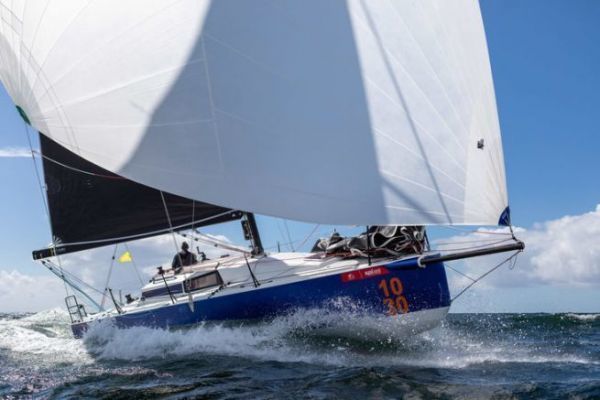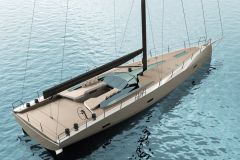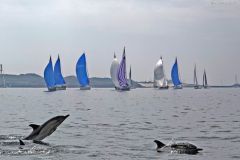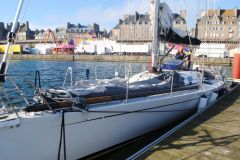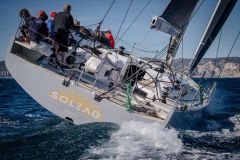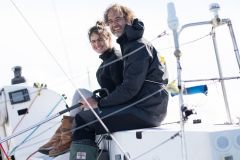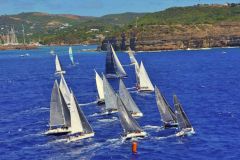From funboard shape to cruising racing monohull
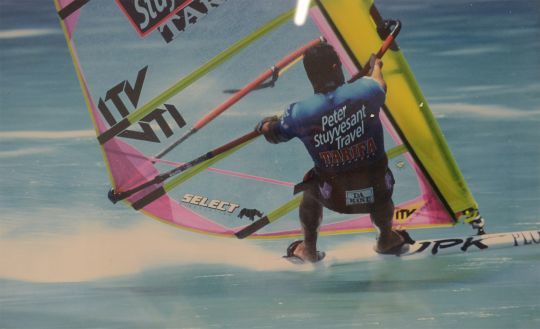
Launched in 1992, JPK Composites was originally a specialist in the manufacture of high-end epoxy sandwich funboards. Founder Jean-Pierre Kelbert drew on his experience as a top-level racer to supply windsurfers during the golden age of funboarding. His knowledge of advanced composites also enables him to build specific parts for ocean racing.
But in the early 2000s, many board manufacturers were relocating their production to Asia to improve profitability. JPK Composites had to reinvent itself, and decided to start producing cruising racing yachts capable of competing on the IRC circuit.
As part of this project, Jean-Pierre Kelbert met Jacques Valer, a merchant navy officer converted to naval architecture.
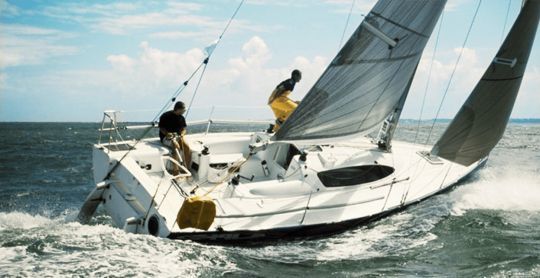
The pair were on the same wavelength, so much so that in 2003, the shipyard launched the JPK 960, a multi-purpose cruising yacht equally at home around three buoys and in offshore races.
Commercial success in a niche market
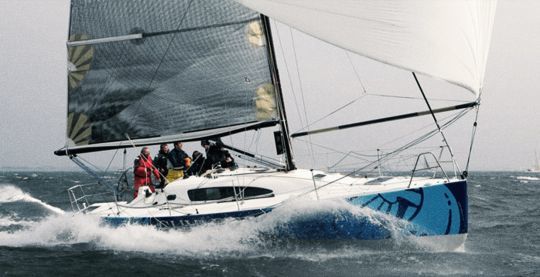
The success of the JPK 960 gives the young shipyard a good reputation. The Kelbert-Valer duo launched the JPK 110, with promising performance, but which suffered a heavy penalty imposed by the IRC rules.
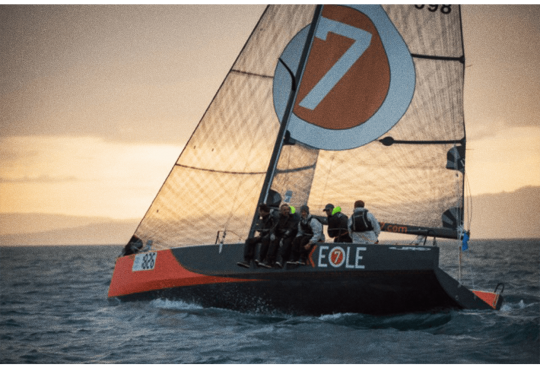
JPK then presents the JPK 998, which competed for the Tour de France à la Voile tender as a replacement for the Mumm 30. Despite outperforming its rivals, the JPK 998 was sidelined in favor of the M34, which went on to enjoy a highly contested career.
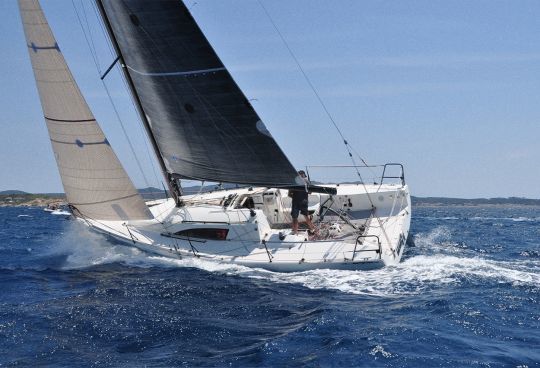
The launch of the JPK 1010 in 2010, future winner of four editions of the Transquadra, a top-level amateur transatlantic race, and the Fastnet 2013, will confirm the success of the builder-architect tandem.
Expanding into fast cruising without abandoning our racing DNA
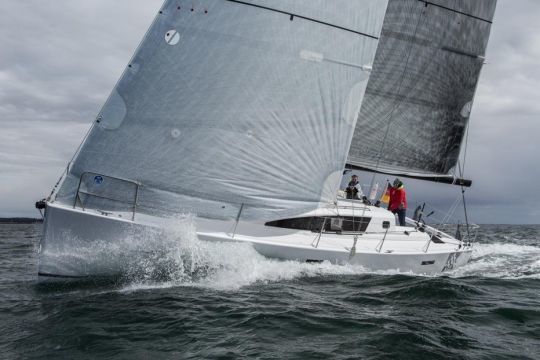
In 2012, the shipyard demonstrated the versatility of its production by launching the JPK 38 FC, for Fast Cruising. With this model, dedicated to fast cruising, the Breton shipyard demonstrates its know-how by adapting smart, comfortable layouts to a high-performance hull.
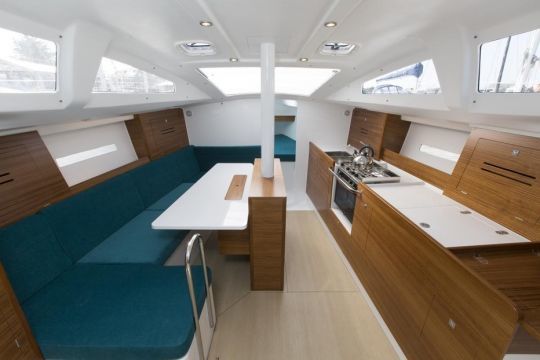
2014 will see the arrival of the JPK 1080, which will once again shake up the IRC circuit. Built for offshore racing, it will win the Transquadra, the Fastnet and the legendary Sydney Hobart.
The 2019 release of the JPK 1030 marks a turning point in design, with a boat typified for double-handed or single-handed ocean racing.
A range of 4 sailboats...and soon a motorboat
In 2023, the shipyard will offer 4 sailboat models:
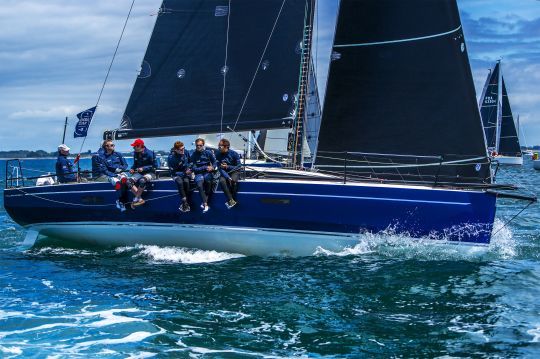
- the JPK 1030 and 1180 are dedicated to a regatta or offshore racing program. Racy and powerful, these two models will soon be joined by the 1085, currently under development.
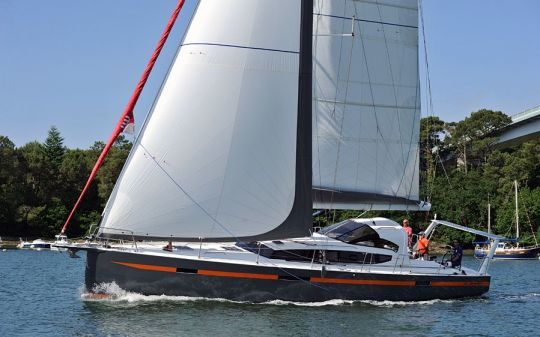
- the JPK 39 FC and 45FC retain the DNA of a fast, powerful sailboat, but with features designed for ocean cruising.
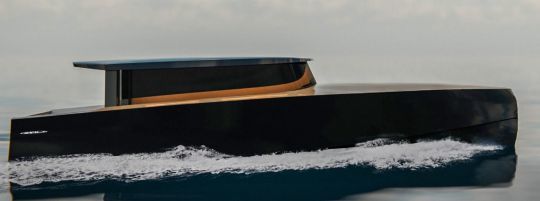
In 2023, this range of sailing yachts will be completed by the launch of the shipyard's first motor yacht, the Nomad 40. Dedicated to coastal cruising and built to the same high quality as the shipyard's sailing yachts, it will be equipped with a small engine to enhance its autonomy.
Recognized expertise in infusion
On a JPK, the hull is infused at the same time as the ribs, to ensure a highly rigid one-piece structure. The shipyard's expertise in infusion is recognized throughout the industry. All stages of production are carried out in-house by a team of enthusiasts, most of whom are sailors.
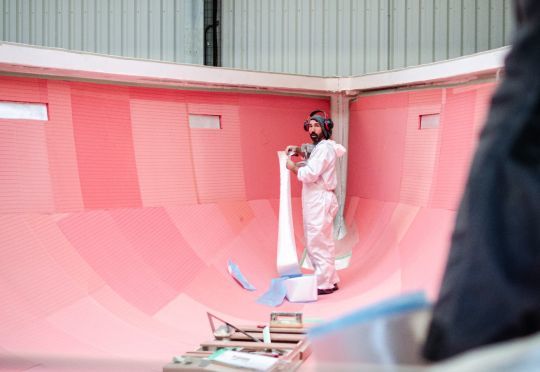
Each unit is made to order, to guarantee the future owner an optimum level of personalization.
The site in figures
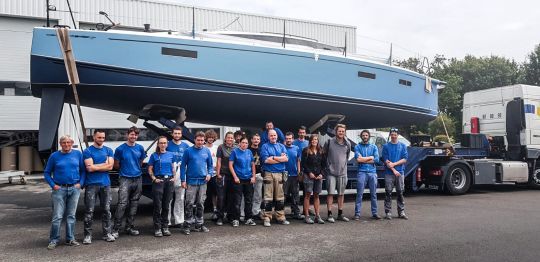
Since its creation, JPK Composites has launched nearly 250 units. Based at Larmor-Plage in Morbihan, the yard employs around 50 people, and has generated sales of 5.2 million euros in 2021.
The production facility occupies a surface area of 4,000 m2, and produces around twenty units each year.
